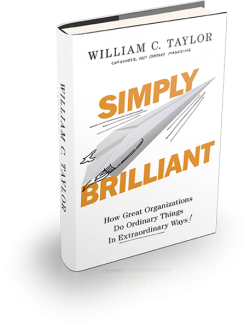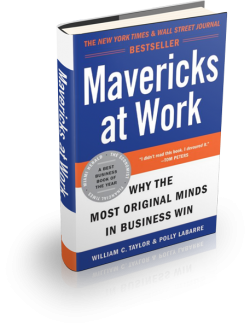As we come to the end of a bitter, divisive, downright ugly year in business and society, it’s hard to pick the one big story that defines the climate of the times. This summer’s rancorous debt-ceiling talks come to mind, as do the collapse of the feckless Italian government and the rise of Occupy Wall Street and its satellite movements around the country and the world.
But if I had to pick one small story that provides a huge “teachable moment” for business leaders going forward, I’d choose Bank of America’s late-September decision to charge customers a $5 monthly fee to use their debit cards—an idea that was withdrawn one month after it was announced, amidst waves of protest that threatened to engulf the bank. Why did (presumably) smart executives make such a bone-headed move, and what can the rest of us learn from this high-profile blunder.
To me, the lesson is as simple as it is profound: Just because you can doesn’t mean you should. That is, just because you can, by virtue of your size or market power, extract more money from customers or partners, doesn’t mean you should, especially if doing so serves no purpose other than filling your coffers. There is more to leadership, particularly in these troubled and uncertain times, than tweaking the “value proposition”—the narrow calculus of costs vs. benefits, doing things for customers vs. taking things away from them. Real leadership is about embracing the “values proposition”—doing the right thing at all times, and figuring out how to build a great business around that unwavering promise.
Over at HBR, read my latest post on “companies and the customers who hate them”—and how to learn from Bank of America’s teachable moment.


